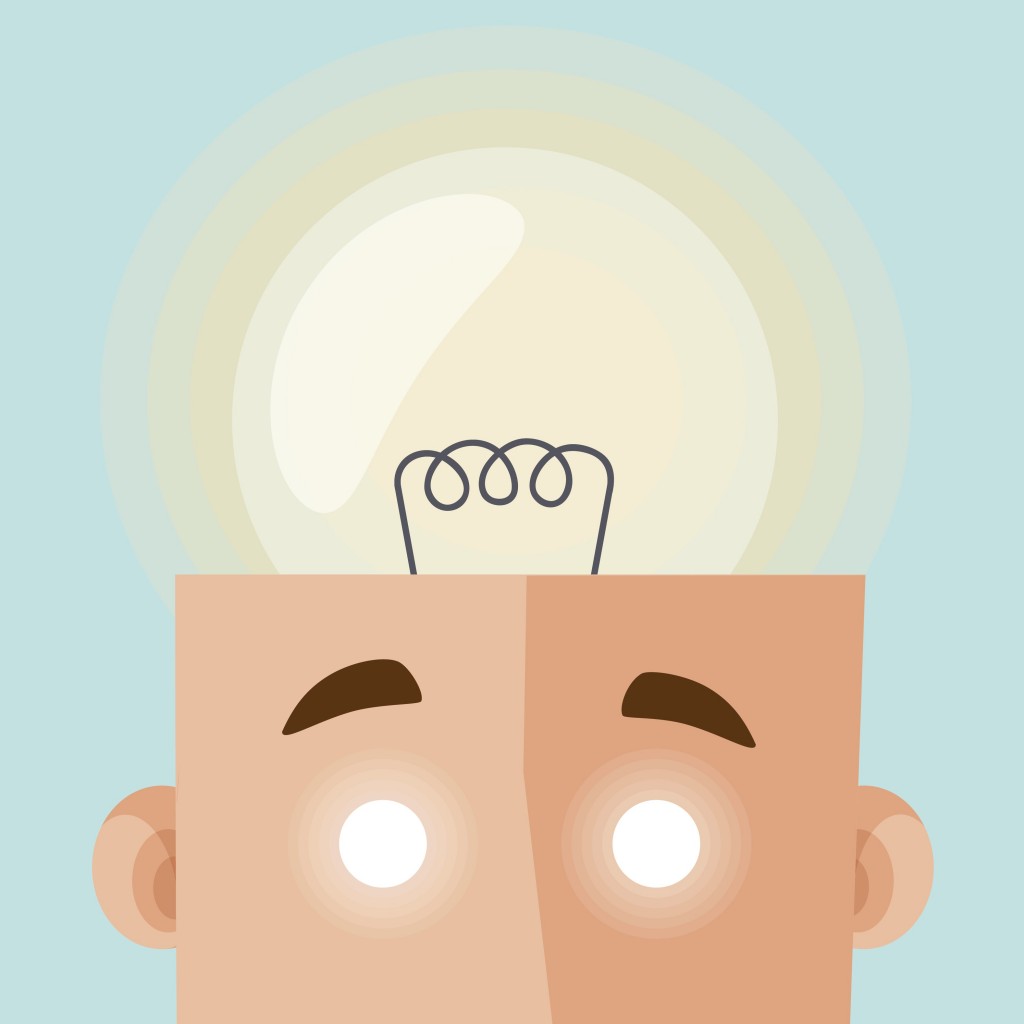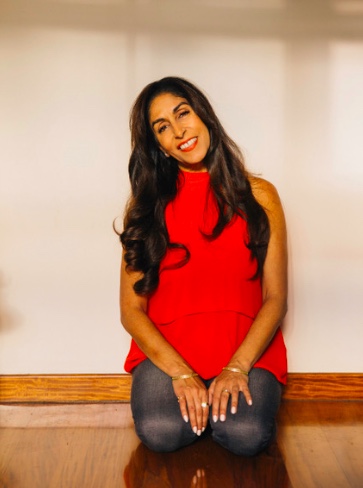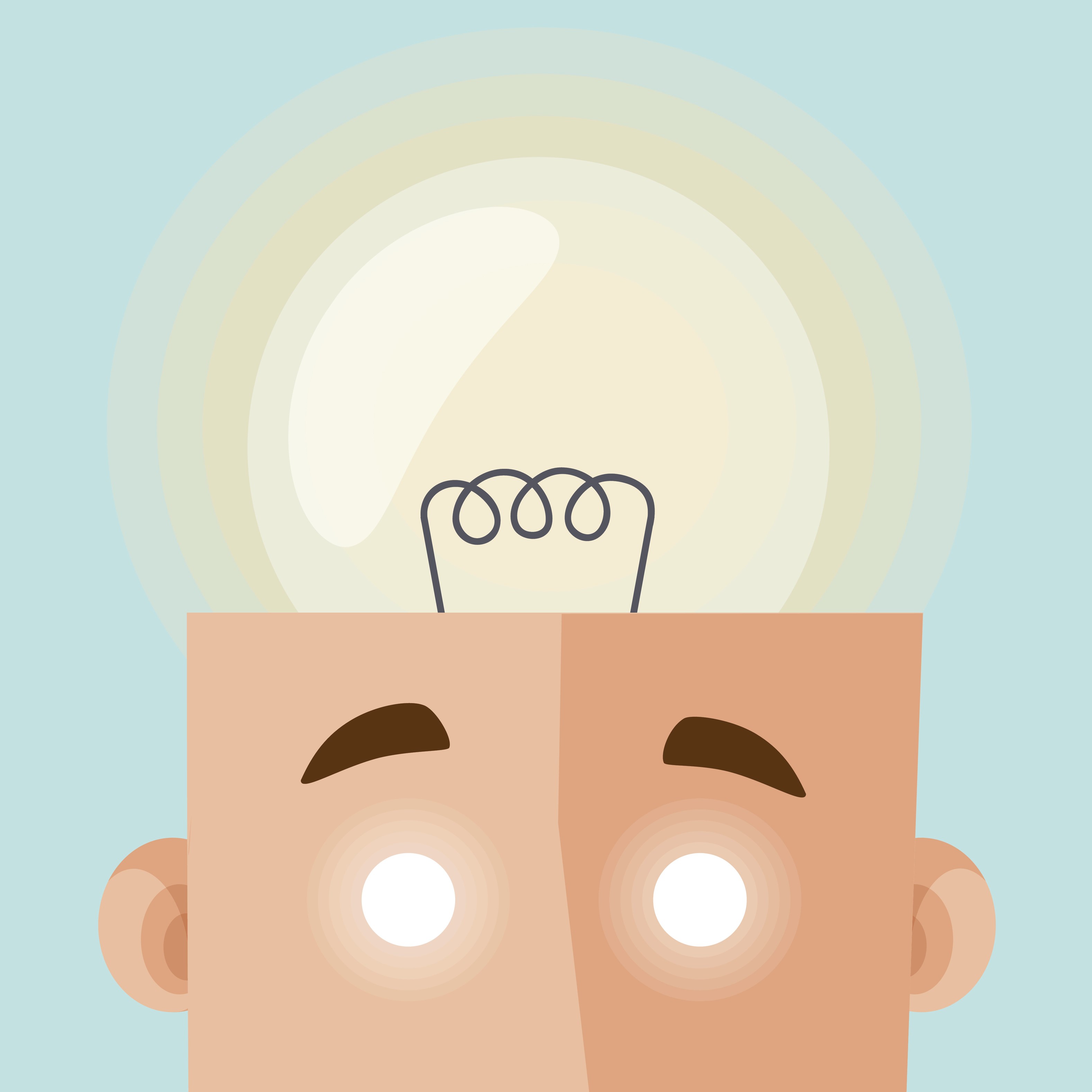Hema Vyas is an amazing psychologist and spiritual mentor who recently appeared at Positive Nights. She has great wisdom to share on how we can navigate climate change – read the insightful piece below to learn more!
Psychologist
Hema Vyas BSc (Hons) is one of London’s top psychologists, hypnotherapists and spiritual mentors. She comes from a long lineage of Vaidyas (ayurvedic doctors) and is a renowned speaker in the fields of human consciousness, spirituality, health, energy medicine and the science of Ayurveda. We are excited to be welcoming her to Positive Nights on Thursday September 19th, from 7.30 to 9.30 p.m. in the Central Hotel, 1-5 Exchequer Grafton Street, Dublin 2.
Hema has over 25 years of experience guiding individuals, groups and organisations. As a ‘seer’ in a modern context, Hema merges her profound intuition and extensive academic studies with a passion for Eastern and Western philosophies. Through her unique approach – a synthesis of psychological and spiritual insight, heart-based wisdom, Kundalini Yoga and meditation expertise – Hema empowers people to awaken their confidence and discover their true purpose. Hema is a certified teacher of Meditation, Kundalini Yoga and Ayurveda. She is also a Chopra Centre certified Primordial Sound Meditation instructor, an expert in Past Life Regression Therapy and a founder of the “Heart Realignment” healing system.
We will be exploring the fascinating topic of how our emotions can be used to positively impact our wellbeing during our evening together. We will specifically be talking about how to foster emotional wellbeing in the face of climate change and a rapidly altering world. Click here to book your tickets.
Testimonials:
“I could listen to Hema talk forever” – Geraldine Barry, former VP, Amazon
“The best way to describe her is a finely tuned instrument, she has provided so many deep “golden truths” that I would have never even conceived of, that have realigned my purpose, improved relationships and business ventures radically” – Gabriel Bernardi
“I have seen the leading speakers in business and personal development and can safely say no one reads the room like Hema. I get something new each time. Her insights lead to significant performance improvement for the businesses I managed at The Guardian” – Tina El-hage, Strategist at UK Press Association
“She knows your thoughts before you do. She is a catalyst for transformation. Even 5 minutes with Hema will change your life” – Shridhar Aiyer
Spring Issue 2017: Dr. Feel Good by Gavin Ryan

By Gavin Ryan
Are you happy? Sometimes it can be a hard question to answer. You mightn’t know this, but the United Nations declared March 20th the International Day of Happiness in recognition of it being a universal human goal. If it’s so important, do we know how to maximise happiness in our lives? I spoke to psychologist, senior fellow of the Greater Good Science Center at UC Berkeley, and New York Times best-selling author, Dr. Rick Hanson, who has spent the past fifteen years researching the subject and teaching the world what he has discovered.
Dr. Hanson is interested in what he calls ‘the sweet spot’, where psychology, neuroscience and contemplative wisdom meet. It is here that he has discovered many practical tools for a more stable, durable wellbeing, even in the face of lots of challenges.
Fundamental to his teaching is the idea that the brain is hardwired with a negativity bias. This makes sense when we think of how the brain has evolved over millennia. In the primitive world of our ancestors, failing to learn to avoid danger, such as a predator, could easily result in death. The consequences of failing to learn from positive experiences were not so dire. Therefore our brains have evolved to be much more plastic in learning from what is threatening than from that which is attractive. In everyday life, we have the full range of experiences from terrible to wonderful. What Dr. Hanson wants to highlight is how our brains are designed to absorb negative lessons much more than positive ones.
In order to overcome this negativity bias it is not enough to simply focus on the positive. Our brains are not designed to record these experiences and so they just flow past as pleasant moments without affecting our neural structures. Instead, we have to consciously make our brain record these positive experiences by using the practical techniques that he has gathered from his years of research in the field. Doing this a few times a day over time will help us to develop what he calls a ‘deep keel’. This is a sense of calm wellbeing that we can develop as a resource in order to meet the vicissitudes of life and still maintain balance. We began our interview talking about one of history’s most famous experts on the subjects of happiness, Siddhartha Gautama.
The Buddha taught that the cause of all suffering is attachment. What do you make of that?
I’m a rock climber. I get very attached to holds when I’m dangling from a sheer cliff. That’s a good thing. I think the language of Buddhism has been mistranslated in a lot of ways. The word the Buddha used in the second noble truth for ‘that which causes suffering’ is probably best translated as ‘craving’ or ‘clinging’ and the root of the word for it is ‘thirst’. It’s a state of deficit and disturbance. So the question then becomes, how do we get through the day and get stuff done without tipping into a state that has a quality of deficit and disturbance in it.
Imagine we could settle a sibling quarrel, work an issue out with our partner, get up yet again to walk that crying baby all on the basis of an internal felt sense in our core of fullness and balance rather than deficit and disturbance. We can consciously develop fullness of calm strength, of feeling loved and a fundamental equilibrium. We may be rattled, but in our core there’s a fundamental place of wellbeing that we can take refuge in and come from as we deal with issues. Whether it’s about raising kids, commuting to work, dealing with your crazy boss, or the chronic pain in your back, just recognising that possibility that we can stay in the green zone in our core even when the world, or our own body, is flashing red. That’s great. I think of it as the keel for a sailboat. The keel, as it gets deeper in the water, enables us to live life in a more adventurous way, as Brene Brown would have it ‘to dare greatly’. But also that when the storms of life come, they might bang us awful hard, but we’re going to recover more rapidly. I ask myself what is going on in the mind of a great person like Nelson Mandela or Martin Luther King or somebody maybe we haven’t heard of who is facing great challenges calmly.
This is where the intersection of psychology, neuroscience and contemplative wisdom is really helpful, because we can start to reverse engineer what’s going on in really self-actualised, or exemplary people and work backwards. What we see in these people is that they have a really deep keel in the water. They are able to deal with the slings and arrows of outrageous fortune without losing their balance. Without tipping over, without also veering away from their particular north star. They’re able to keep their eyes on the prize even when the world is banging on them real hard. They maintain their integrity, they maintain their good heart, they see the good in their adversaries. I think there’s growing evidence that they’ve developed this very deep sense of fullness of balance and we can work backwards from that and develop that same sense in ourselves.
Some people seem to be born with this ‘deep keel’ you talk about, some people develop it and others never find it. Do you think in the future that is something we could gift our children?
Absolutely. Studies show that roughly a third of who we are is baked into our genetics. That means the other two thirds are shaped by our experiences and are therefore amenable to our influence. These are both environmental but especially psychological factors inside our own heads that will influence who we become. Some people come out of the box very sensitive and very reactive. Like in the poem, “Wednesday’s child is full of woe.” On the other hand, some people come out of the box like Sunday’s child and are very upbeat relaxed optimistic people.
But after that, there’s so much we can do. What really matters is what we do with the other two thirds of the pie chart. This is the part that we can shape. I find this really hopeful at a time when many people feel pushed around by large-scale external forces or the reactions in their minds to those forces. No one can grow for you between your ears. On the other hand, no one can stop you from learning even in the most terrible of circumstances.
How important a role does nutrition play in our happiness?
Well, I’m a software guy, not a hardware guy so I refer people to the hardware folks like physicians, nutritionists and healers. But it’s clear that there are very definite links between nutrition and a healthy brain. Such as for example essential fatty acids found in flaxseed oil or fish oil. Also, it’s important to stay away from foods that are inflammatory or that you might be sensitive to such as those containing lactose or gluten, any foods introduced to the human diet in just the last 10,000 years. Inflammation is bad for the brain.
You’re coming to Ireland this June to teach. Is there anything you’re interested in doing while you’re here?
I was in Ireland for about a week as a kid. I loved the combination of the kind of grittiness of Dublin with the beautiful countryside elsewhere. I’m going to take a bit of time to go into the more Celtic-Druidic parts of the countryside. I’m quite Scottish in my blood and so I have that Celtic connection. I’m looking forward to it. The workshops themselves are very straightforward high-density immersion in positive neuroplasticity. You will learn how to help yourself maximise your gains throughout the day to grow various psychological resources. You can apply this skill to building a green zone to improve our wellbeing in general but also become more effective in dealing with the challenges of life now that we’ve got this deeper keel in the water.
Dr. Rick Hanson is coming to Ireland to give separate workshops for both the general public and professionals. June 6-11 in The grand Hotel, Malahide.
This is an excerpt from our Winter 2016 issue. Read more about Dr. Rick Hanson and his amazing work in our Spring 2017 ISSUE by subscribing soon so we can post you a copy or by picking up a magazine from one of our lovely stockists all over Ireland. Tell them we said hello!

By Gavin Ryan
Are you happy? Sometimes it can be a hard question to answer. You mightn’t know this, but the United Nations declared March 20th the International Day of Happiness in recognition of it being a universal human goal. If it’s so important, do we know how to maximise happiness in our lives? I spoke to psychologist, senior fellow of the Greater Good Science Center at UC Berkeley, and New York Times best-selling author, Dr. Rick Hanson, who has spent the past fifteen years researching the subject and teaching the world what he has discovered.
Dr. Hanson is interested in what he calls ‘the sweet spot’, where psychology, neuroscience and contemplative wisdom meet. It is here that he has discovered many practical tools for a more stable, durable wellbeing, even in the face of lots of challenges.
Fundamental to his teaching is the idea that the brain is hardwired with a negativity bias. This makes sense when we think of how the brain has evolved over millennia. In the primitive world of our ancestors, failing to learn to avoid danger, such as a predator, could easily result in death. The consequences of failing to learn from positive experiences were not so dire. Therefore our brains have evolved to be much more plastic in learning from what is threatening than from that which is attractive. In everyday life, we have the full range of experiences from terrible to wonderful. What Dr. Hanson wants to highlight is how our brains are designed to absorb negative lessons much more than positive ones.
You can check his very interesting Ted Talk here!
This is an excerpt from our Spring 2017 issue. Read more about Dr. Rick Hanson in our Spring 2017 issue by subscribing soon so we can post you a copy or by picking up a magazine from one of our lovely stockists all over Ireland. Tell them we said hi!


